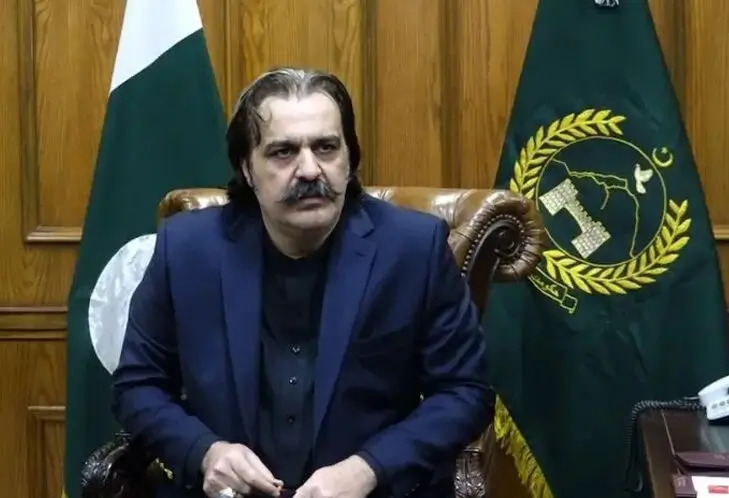While the PTI government in Khyber Pakhtunkhwa (KP) proudly touts a 100-billion-rupee budget surplus, the realities on the ground tell a different story, especially in education. Teachers across the province recently took to the streets, demanding fair wages, resulting in the unprecedented closure of 26,000 schools in a single day. This action affected millions of students, underlining the dire situation within KP’s education system.
In 2014, PTI declared an “Educational Emergency” to revamp schooling in KP. Yet, nearly a decade later, the sector remains in shambles, with schools locked and teachers on strike. The irony is stark: despite claims of financial stability, the government seems unable or unwilling to meet even the basic needs of those shaping KP’s future. This disconnect extends beyond education, impacting critical issues like terrorism, unemployment, and infrastructure decay—challenges for which PTI has presented no effective strategy.
KP’s industries also suffer from years of neglect, mismanagement, and lack of investment. The provincial economy has stagnated, businesses have closed, and unemployment rates have climbed alarmingly. Despite three consecutive terms in power, PTI’s track record on these fronts remains bleak.
In essence, KP has been one of the hardest-hit provinces, suffering under a leadership more focused on political agitation—shutting down the country, staging protests, and issuing threats—than on fulfilling its governance responsibilities. PTI’s tenure in KP has thus been defined by instability, weakened institutions, and unfulfilled promises, leaving the people frustrated and disappointed.


